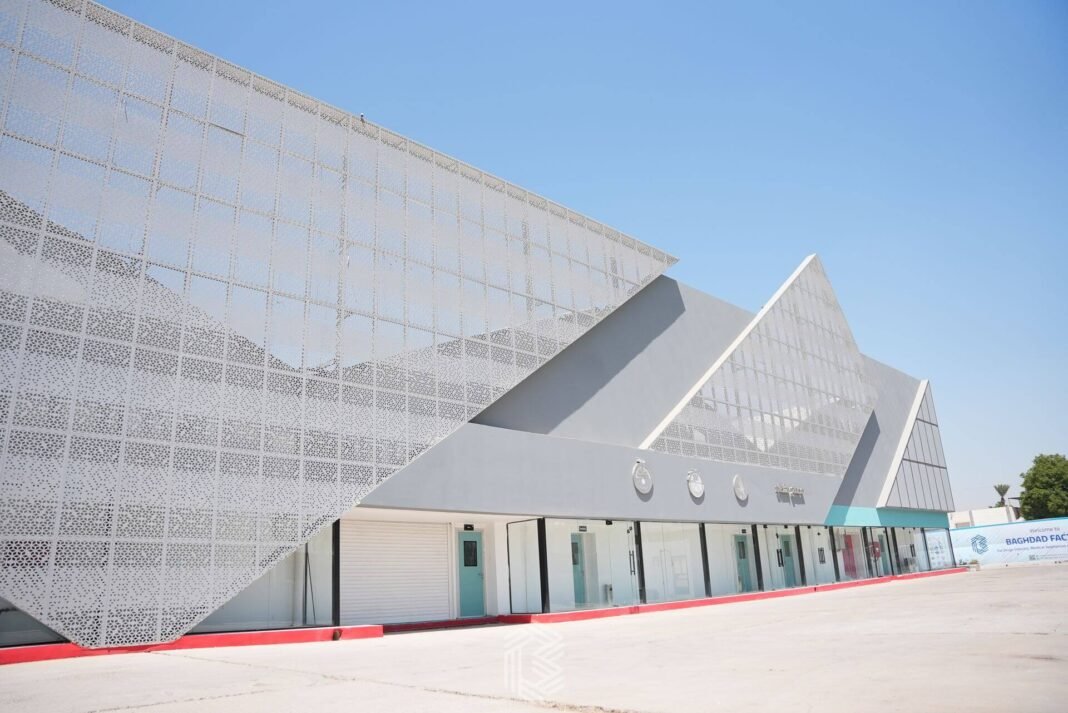Iraq has strengthened its healthcare sector with the launch of five advanced medical projects in Baghdad. The Minister of Industry and Minerals, Khalid Battal Al-Najm, inaugurated the projects at the Baghdad factory of Samarra Pharmaceutical Company. As a result, Iraq’s healthcare capacity is set to expand significantly with private sector participation.
In fact, the Minister explained that the Baghdad facility now produces a wide range of supplies through joint efforts with private firms. Moreover, this achievement represents a major milestone for Iraq after years of operational difficulties. In addition, the Minister announced that new pharmaceutical facilities will open soon in Samarra. Therefore, Samarra Pharmaceutical Company is gaining a stronger position in both regional and local markets.
The first project focuses on plastic medical supplies with an annual capacity of 7.5 million units. It includes oxygen masks, nebuliser masks, nasal oxygen tubes, anaesthesia tubing, urine bags, Foley catheters, and suction tubes. Consequently, hospitals across Iraq can depend on reliable supplies that reduce import needs.
Furthermore, the second project specializes in textile medical supplies, producing 1 to 12 million items each year. Production covers doctors’ and patients’ clothing, medical sheets, surgical packs, and other single-use items. As a result, Iraqi healthcare facilities can secure essential products and expand self-sufficiency.
At the same time, the third project delivers medical gases with a daily capacity of 5,000 liters. This became possible after extensive refurbishment and a technological upgrade. Therefore, hospitals nationwide can now count on stable gas supplies to improve patient care.
Meanwhile, the fourth project produces surgical threads, with an annual output of 14.4 million units. It also manufactures surgical meshes and other types of threads. Since this is the first facility of its kind in Iraq, it marks a breakthrough that reduces reliance on imports.
Finally, the fifth project focuses on sterile medical supplies with an output of 25 million units annually. These include IV cannulas, spinal anaesthesia needles, gastric tubes, feeding tubes, wound drainage sets, and umbilical cord clamps. Consequently, Iraq strengthens its ability to meet the rising demand for critical hospital equipment.
Altogether, these five projects highlight Iraq’s commitment to industrial growth in the healthcare sector. Furthermore, they show how the country engages private sector partners to boost production and reduce import costs. With these advancements, Iraq’s healthcare stands at the center of both medical and industrial expansion.





